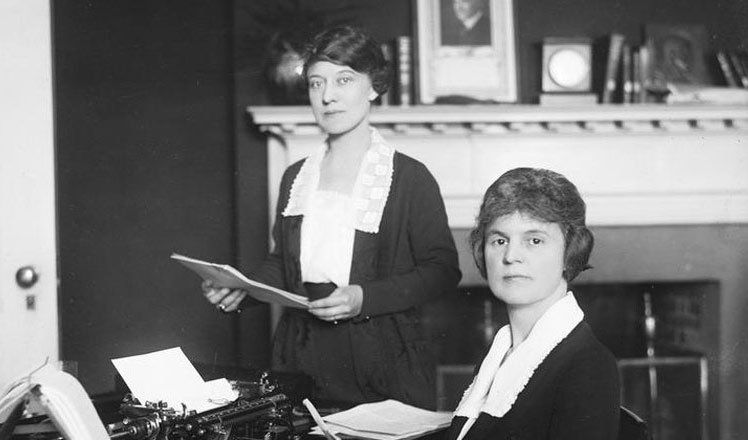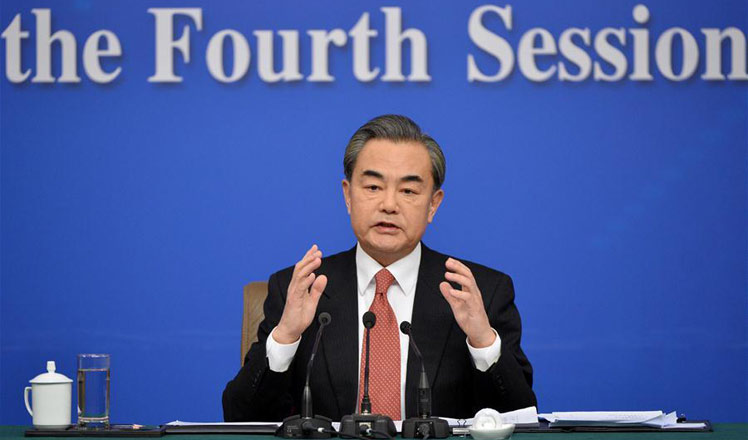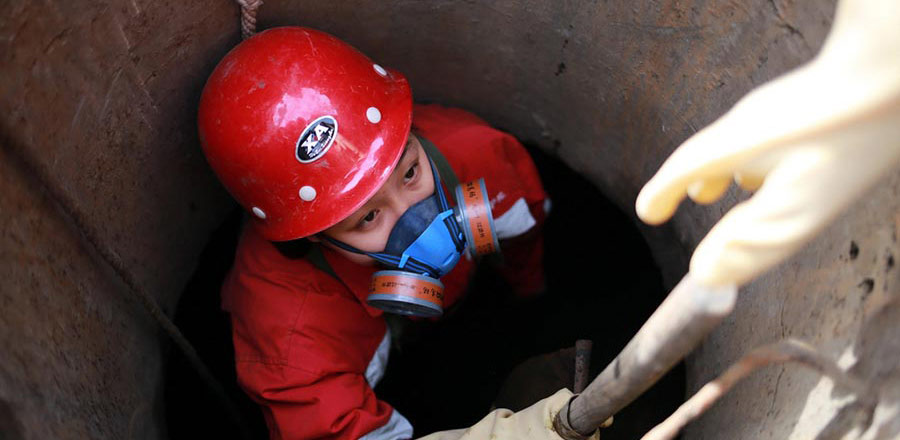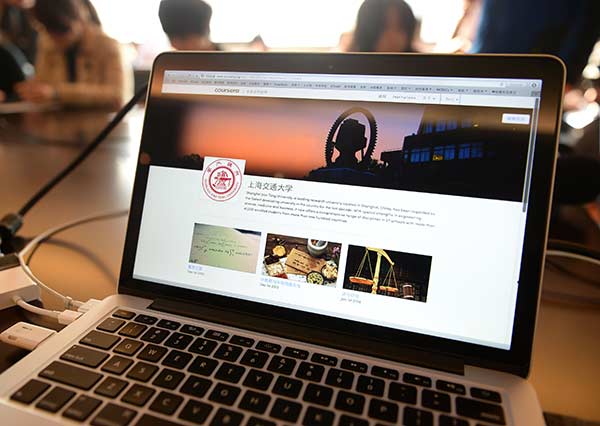Prevention better than cure on the grasslands
Updated: 2016-03-09 08:19
By Li Yang(China Daily)
|
||||||||
After working as a doctor in Ganzi Tibet autonomous prefecture in Sichuan province for more than 40 years, Pema Yutso has plenty to say about improving medical care in the grassland areas where ethnic Tibetans live.
"The government should refocus on prevention and the control of diseases, rather than treatment," said Yutso, who is a deputy to the fourth session of the 12th National People's Congress, the country's top legislature.
"It is meaningless to talk about how many operations doctors have done on patients living in the grasslands if the source of their illness remains uncontrolled or unmanaged."
Yutso spoke to China Daily in Beijing on Sunday and pointed out that common diseases among ethnic Tibetan people living on the plateau, who now enjoy a much improved standard of living, were similar to those of others on the plains.

But Yutso said awareness among ethnic Tibetan people of healthcare issues was generally weaker than among other residents on the plains.
"If local governments and medical care authorities could pay more attention to raising the plateau residents' awareness of the importance of personal hygiene and of drinking boiled water and creating a healthy living environment, they would end up saving on their medical expenditure," said Yutso.
"An easy thing to do would be to treat dogs with medicines so they no longer have parasites in their droppings. These parasites from dog droppings are a major source of pollution of surface water on the grasslands and they are the cause of many diseases among shepherds and their families."
She said many diseases that are common among the nomads and that can cause lifelong problems are easy to prevent.
She also called on the government to ensure adequate funding for public hospitals, so they can attract more professionals to hospitals in Tibetan regions, and urged more private hospitals to locate to Tibetan regions.
Yutso said the provincial government arranges training programs for doctors who will end up working in Ganzi.
She said she would like to see training offered to doctors and nurses working in Ganzi include more attention for medical ethics and the legacy of traditional Tibetan medicine.

 Southeast Asia experiences rare total solar eclipse
Southeast Asia experiences rare total solar eclipse
 Farmer couple finds wealth in raising peacocks
Farmer couple finds wealth in raising peacocks
 Google's AI takes on Go champion Lee Sedol in Seoul
Google's AI takes on Go champion Lee Sedol in Seoul
 New Year paintings decorate cottage walls in spring
New Year paintings decorate cottage walls in spring
 Women in workplace 100 years ago
Women in workplace 100 years ago
 Foreign Minister Wang Yi meets the press
Foreign Minister Wang Yi meets the press
 Women who work underground to keep city clean
Women who work underground to keep city clean
 Students in traditional dresses celebrate Women's Day
Students in traditional dresses celebrate Women's Day
Most Viewed
Editor's Picks

|

|

|

|

|

|
Today's Top News
What ends Jeb Bush's White House hopes
Investigation for Nicolas's campaign
Will US-ASEAN meeting be good for region?
Accentuate the positive in Sino-US relations
Dangerous games on peninsula will have no winner
National Art Museum showing 400 puppets in new exhibition
Finest Chinese porcelains expected to fetch over $28 million
Monkey portraits by Chinese ink painting masters
US Weekly

|

|







